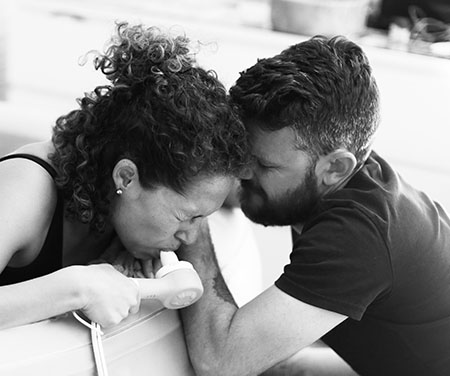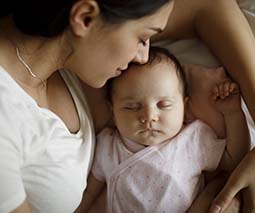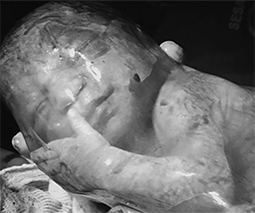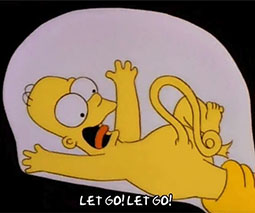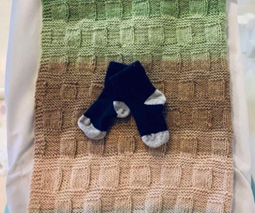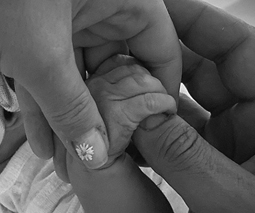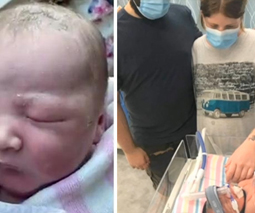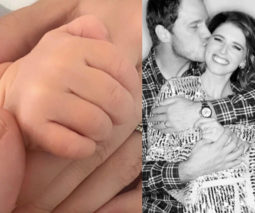Shaking after you give birth: It’s more common than you think
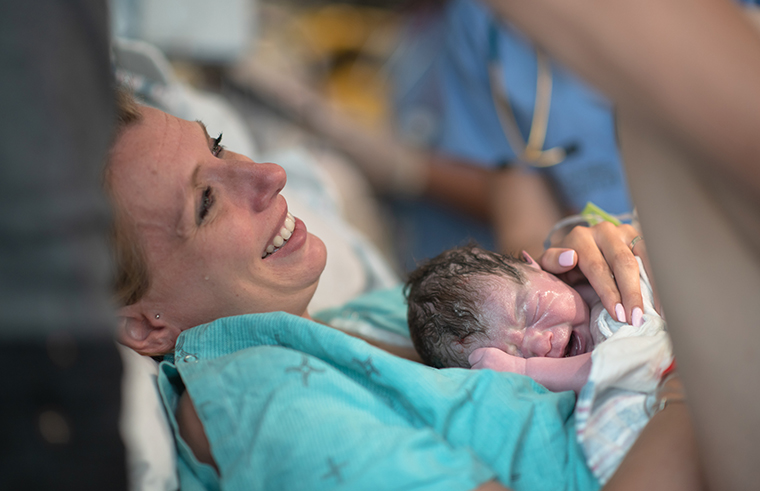
While you might feel relieved and exhilarated after you give birth, don’t be surprised if your body shakes uncontrollably when it’s all over. Whether you have a vaginal birth or a c-section, once you deliver the placenta, it’s completely normal for your body to shake for as long as an hour afterwards.
It’s more common than you think
Shaking during labour or right after birth is common. Perhaps because it tends to pass quite quickly, it’s not often talked about, which is why it may come as a surprise if it happens to you. However, a study that looked at 50 healthy women during and after their vaginal births found that 22 (44 percent) of them reported shivering during labour or within 30 minutes of the birth.
What causes it?
The shaking can last from a few seconds up to an hour, and it’s thought to be caused by your hormones. Your body goes through a lot of changes as you birth your baby, including fluid shifts and endorphin releases. IV fluids and the use of general anaesthetic may also have an impact on your body, as can amniotic fluid seeping into your blood stream. There’s a lot of things that could cause you to shake, but the good news is, these physical effects are nothing for you to be concerned about.
Getting through it
Shaking after giving birth isn’t harmful, but it can feel strange, especially if your teeth are chattering away while you’re trying to talk to your baby. Let the midwives know, as they can help make you more comfortable, by offering you warm blankets to ease the shivering. Some mums worry about holding their baby while they’re shaking, but the vibrations of your body won’t harm your baby – if anything, this will be incredibly soothing for your newborn!
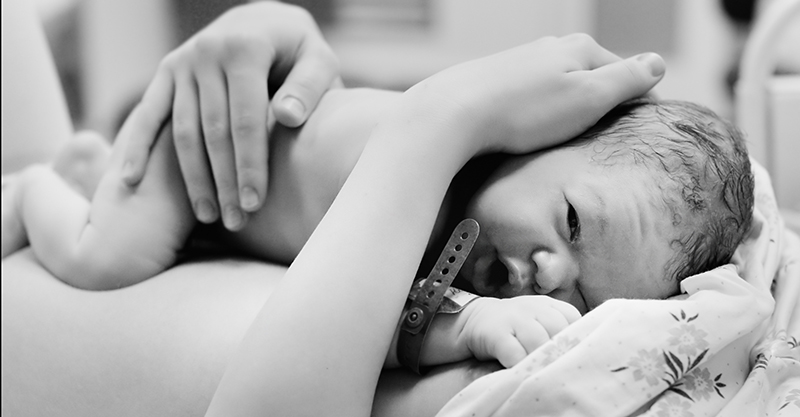
You can still cuddle your baby
The thing to be mindful about is holding your baby safely, so ask your loved ones to stand on either side of the bed, and if you have bed rails, ask for these to be put up, so there’s no chance of your baby rolling off the bed if you lose your grip. You can also lie down and have your baby in a skin-to-skin position on your chest, which will minimise the use of your shaking arms.
The shaking should subside within the hour, but in rare cases, it can continue after this. Be sure to discuss any concerns with your caregivers, and report any shivering that continues once you’re home with the baby, as this can be an indication of illness or infection.
 Need some baby sleep advice? Our Parent School sleep experts can help. Click to find out more or book a one-on-one session.
Need some baby sleep advice? Our Parent School sleep experts can help. Click to find out more or book a one-on-one session.
